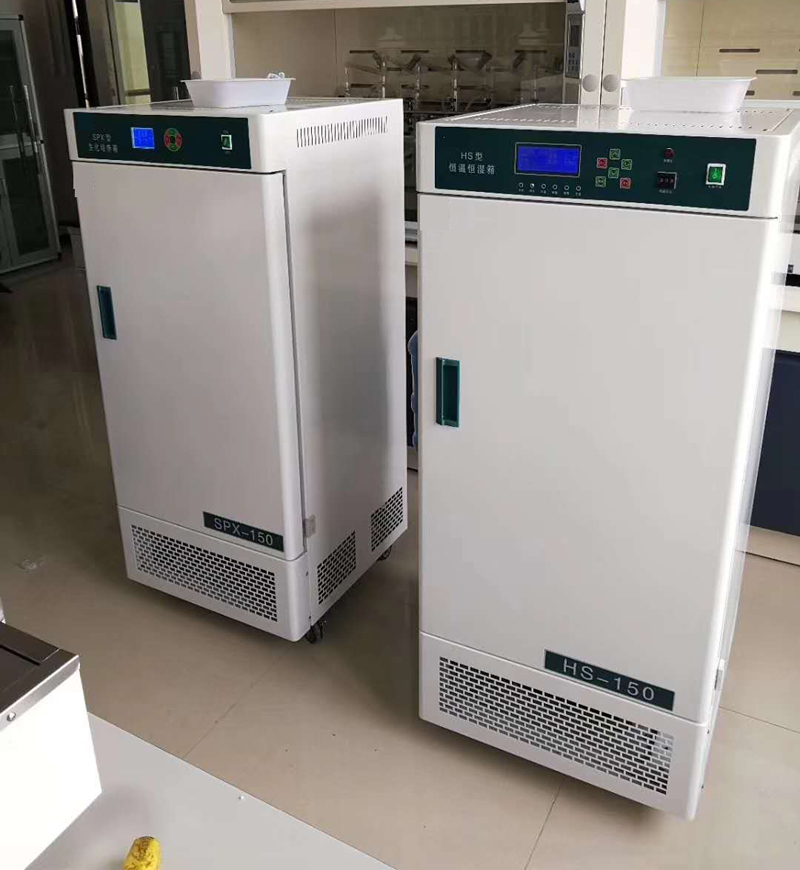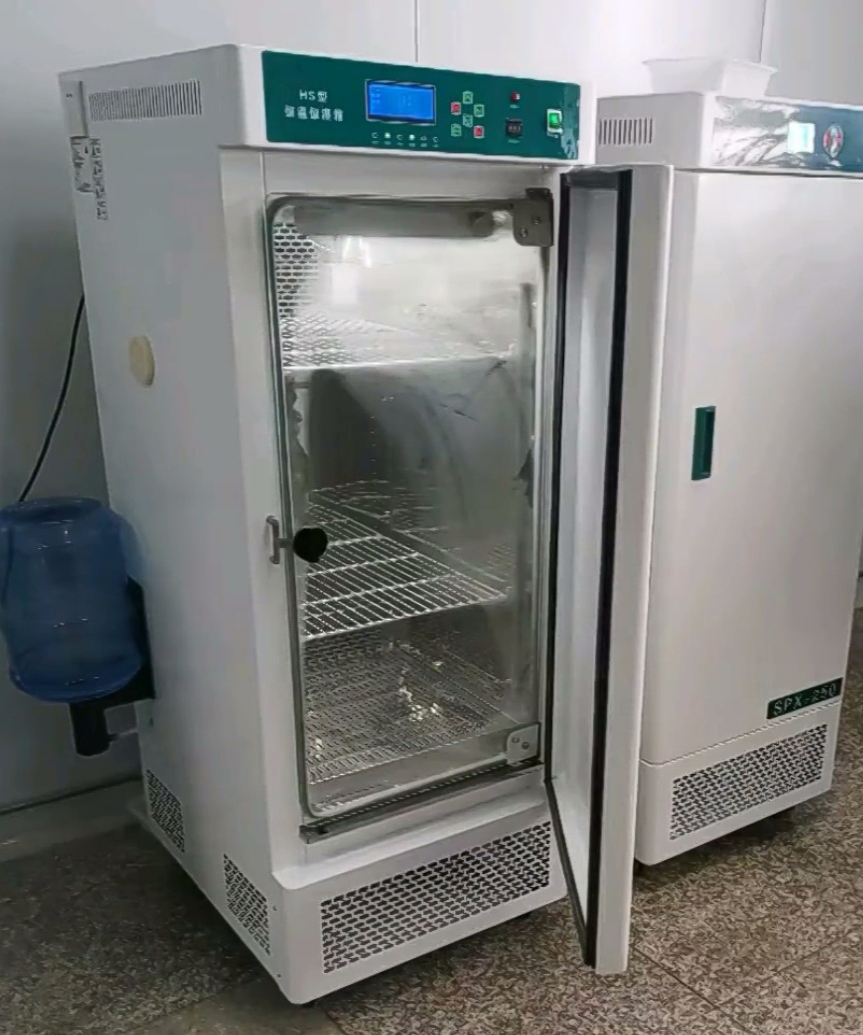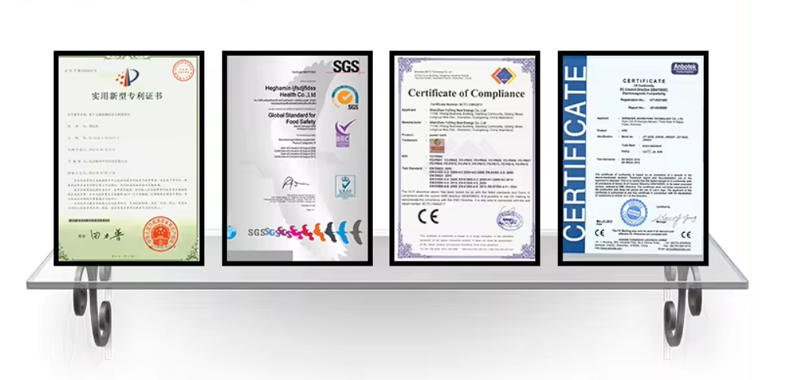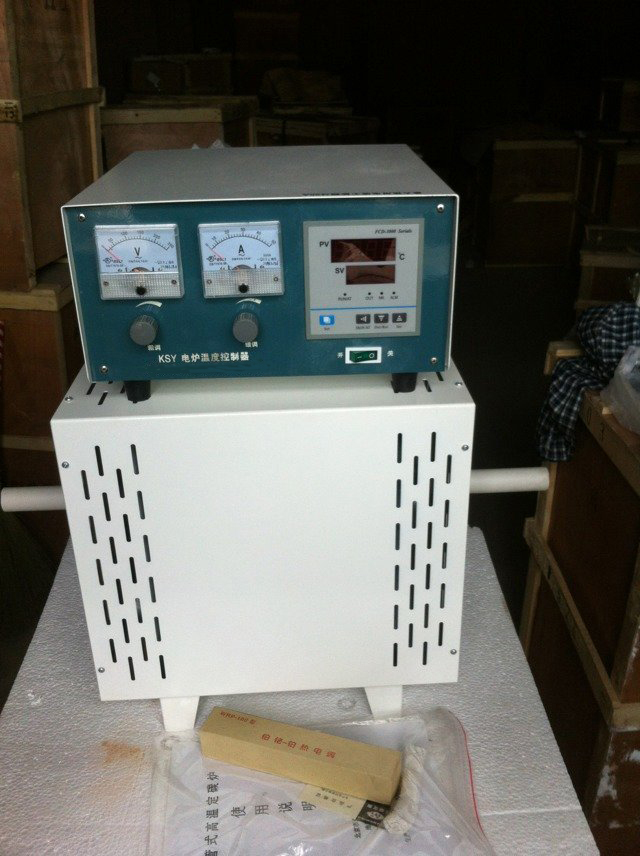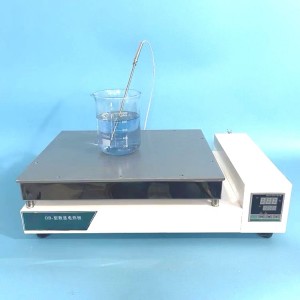laboratory constant temperature and humidity box incubator
laboratory constant temperature and humidity box incubator
Constant Temperature and Humidity Box Incubator: A Key Tool for Precise Environmental Control in Research and Industry
Introduction
In various fields of research and industry, maintaining precise environmental conditions is crucial for the success of experiments and processes. One essential tool for achieving this level of control is the constant temperature and humidity box incubator. This specialized equipment provides a stable and controlled environment for a wide range of applications, including biological and pharmaceutical research, industrial testing, and product development. In this article, we will explore the features, applications, and benefits of constant temperature and humidity box incubators, highlighting their importance in ensuring reliable and reproducible results.
Features of Constant Temperature and Humidity Box Incubators
Constant temperature and humidity box incubators are designed to create and maintain specific environmental conditions within a sealed chamber. These incubators are equipped with advanced temperature and humidity control systems, allowing users to set and regulate the desired parameters with precision. The key features of these incubators include:
- Precise Temperature Control: The incubator’s temperature control system ensures that the internal temperature remains constant, with minimal fluctuations. This is essential for applications that require a stable and uniform temperature environment, such as cell culture studies, microbiology research, and material testing.
- Humidity Regulation: In addition to temperature control, constant temperature and humidity box incubators are capable of maintaining a specific level of humidity within the chamber. This feature is particularly important for experiments and processes that are sensitive to changes in moisture content, such as seed germination studies, drug stability testing, and electronic component storage.
- Uniform Air Circulation: To ensure consistent environmental conditions throughout the chamber, these incubators are equipped with efficient air circulation systems. This helps to prevent temperature and humidity gradients, ensuring that samples or products placed inside the incubator are exposed to the same conditions regardless of their location within the chamber.
- Programmable Controls: Many modern constant temperature and humidity box incubators are equipped with programmable control interfaces, allowing users to create and store custom temperature and humidity profiles. This flexibility enables researchers and industrial users to replicate specific environmental conditions for their experiments or processes, enhancing the reproducibility of results.
Applications of Constant Temperature and Humidity Box Incubators
The precise environmental control provided by constant temperature and humidity box incubators makes them indispensable tools in a wide range of applications. Some of the key areas where these incubators are extensively used include:
- Biological Research: In biological research, maintaining a controlled environment is essential for cell culture, tissue engineering, and incubation of microorganisms. Constant temperature and humidity box incubators provide the ideal conditions for these applications, supporting cell growth, differentiation, and other cellular processes.
- Pharmaceutical Development: The pharmaceutical industry relies on constant temperature and humidity box incubators for stability testing of drug formulations, storage of sensitive reagents, and accelerated aging studies. These incubators help ensure that pharmaceutical products remain stable and effective under various environmental conditions.
- Food and Beverage Testing: In the food and beverage industry, constant temperature and humidity box incubators are used for microbial testing, shelf-life studies, and quality control assessments. By creating controlled environments, these incubators enable manufacturers to evaluate the safety and stability of their products.
- Material Testing: Industries involved in the development of materials, such as plastics, composites, and electronic components, utilize constant temperature and humidity box incubators for conducting accelerated aging tests, moisture resistance evaluations, and environmental stress screening. These tests help assess the durability and performance of materials under different environmental conditions.
Benefits of Constant Temperature and Humidity Box Incubators
The use of constant temperature and humidity box incubators offers several significant benefits to researchers and industrial users:
- Reliable and Reproducible Results: By providing a stable and controlled environment, these incubators contribute to the generation of reliable and reproducible results in experiments and testing procedures. This is essential for ensuring the accuracy and validity of research findings and product performance evaluations.
- Preservation of Sample Integrity: In biological and pharmaceutical applications, maintaining the integrity of samples is critical. Constant temperature and humidity box incubators help protect sensitive samples from environmental fluctuations, preserving their viability and quality.
- Flexibility and Customization: The programmable controls and adjustable settings of constant temperature and humidity box incubators allow users to tailor the environmental conditions to suit their specific requirements. This level of flexibility is valuable for accommodating diverse research protocols and testing standards.
- Compliance with Regulatory Standards: In regulated industries such as pharmaceuticals and food production, adherence to strict environmental control standards is essential for compliance with regulatory requirements. Constant temperature and humidity box incubators help organizations meet these standards by providing the necessary control and monitoring capabilities.
Conclusion
Constant temperature and humidity box incubators play a vital role in maintaining precise environmental conditions for a wide range of research and industrial applications. Their ability to control temperature and humidity with accuracy and consistency makes them indispensable tools for ensuring the reliability and reproducibility of experimental results and product testing. As technology continues to advance, constant temperature and humidity box incubators are likely to evolve further, offering enhanced features and capabilities to meet the evolving needs of researchers and industry professionals. With their proven track record in providing controlled environments, these incubators will continue to be essential assets in scientific and industrial settings.
| Model | Voltage | Rated power(KW) | Wave degree of temperature(°C) | Range of temperature(°C) | Range of humidity (%) | Wave of humidity | Capacity(L) |
| HS-80 | 220V/50HZ | 1.0 | ±1 | 5~60 | 50~90 | ±5%~±8%RH | 80 |
| HS-150 | 220V/50HZ | 1.5 | ±1 | 5~60 | 50~90 | ±5%~±8%RH | 150 |
| HS-250 | 250 |
Constant temperature and humidity incubator: ensuring optimal growth conditions
Constant temperature and humidity incubators are essential tools in a variety of scientific and industrial applications, providing a controlled environment that is critical for the growth and development of biological specimens, pharmaceuticals, and other sensitive materials. These incubators are designed to maintain stable temperature and humidity levels, ensuring that experiments and processes are performed under optimal conditions.
The importance of a constant temperature and humidity incubator cannot be overstated. For example, in biological research, many organisms, including bacteria, fungi, and plant cells, require specific environmental conditions to grow. Fluctuations in temperature and humidity can lead to inconsistent results and affect the reliability of experiments. By using a constant temperature and humidity incubator, researchers can create a stable environment that promotes uniform cell growth and collects accurate data.
In the pharmaceutical industry, these incubators play a vital role in drug development and testing. Many drug compounds are sensitive to environmental changes, and maintaining constant temperature and humidity is critical to ensuring the integrity of these products. Quality control processes often rely on incubators to simulate real-world environmental conditions in order to fully test and validate the efficacy and stability of drugs.
In addition, constant temperature and humidity incubators are also widely used in agricultural research to assist seed germination research and plant tissue culture. By providing a controlled environment, researchers can better understand the growth patterns and needs of various plants, thereby improving agricultural practices and increasing crop yields.
In summary, constant temperature and humidity incubators are indispensable tools in scientific research and industrial applications. By ensuring stable environmental conditions, these incubators facilitate precise experiments, improve product quality, and promote progress in various fields. As technology continues to develop, the functions of these incubators are likely to continue to expand, further supporting innovation and discovery.





